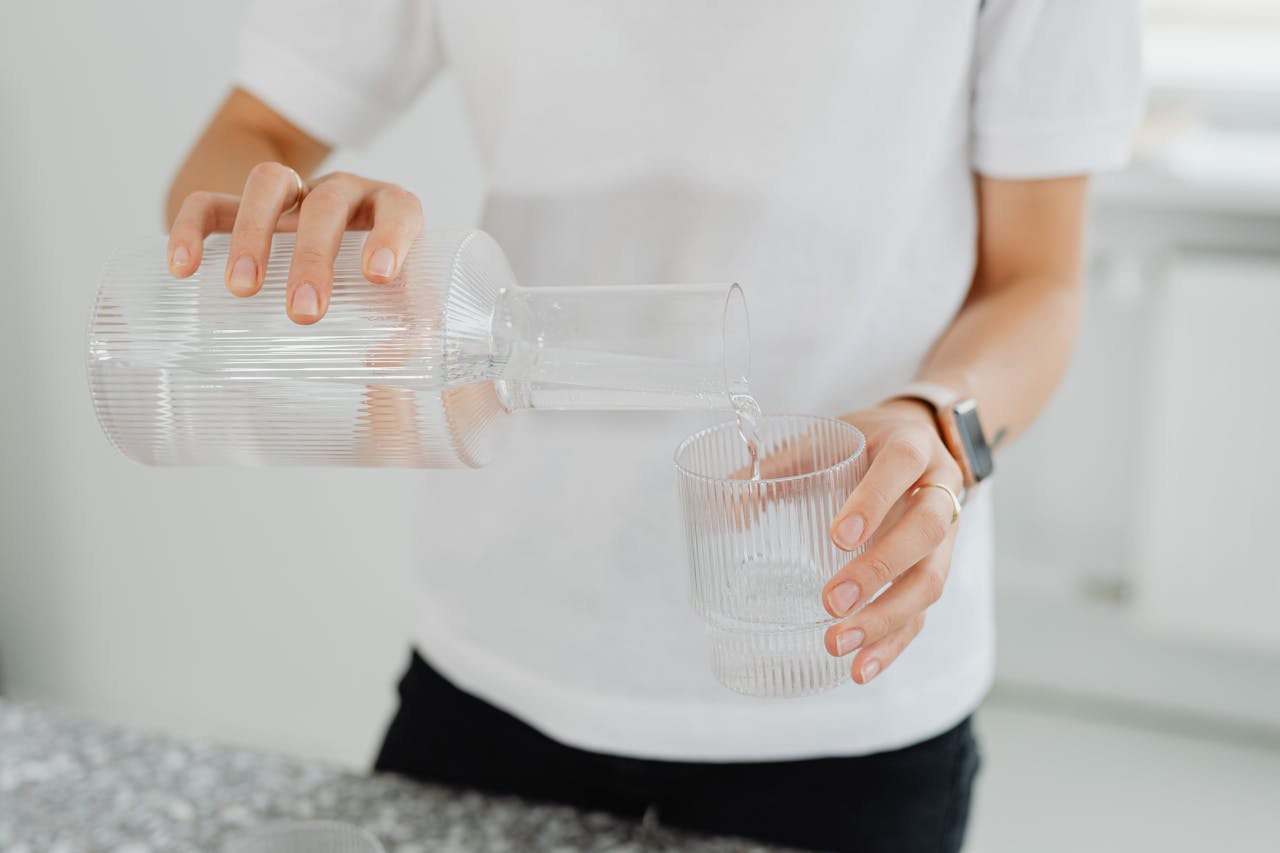Your Cart is Empty
Menu

Have a question? Call us 7 days a week!
Water Filtration 101: How It Works and Why It Matters for Your Home
January 10, 2025 3 min read

Water is essential for life, but not all water is safe to consume straight from the source. Contaminants such as sediment, chlorine, lead, and harmful microorganisms can compromise water quality, posing risks to health and well-being. This is where water filtration steps in—a process that ensures clean, safe, and great-tasting water for drinking, cooking, and household use. Whether you’re concerned about your tap water or need to treat well water, understanding how does water filtration work can help you choose the best solution for your needs.
What is Water Filtration?
Water filtration is the process of removing contaminants and impurities from water to make it safe for drinking, cooking, and other household uses. This process can involve physical barriers, chemical reactions, or biological processes to ensure the water is clean and safe.
Filtration systems can be installed at the point of entry (whole-home water filtration system) or at the point of use (under-sink, faucet-mounted, or pitcher-style systems). Each type of system is designed to address specific water quality issues, making it crucial to choose the right one for your needs.
Why Is Water Filtration Important?
Water filtration protects you and your family from potentially harmful contaminants. Without filtration, impurities such as heavy metals, bacteria, and chemicals can negatively impact your health. For instance:
- Chlorine in water, while useful for disinfection, can give an unpleasant taste and smell.
- Lead and other heavy metals can lead to long-term health issues if consumed over time.
- Microorganisms like bacteria and viruses may cause gastrointestinal problems and infections.
Investing in a water filtration system is not only about health but also about enhancing water’s taste and odor, making it more enjoyable to drink and cook with.
How Does Water Filtration Work?
Water filtration works through a combination of physical and chemical processes to remove impurities. Here are the most common methods on how does water filtration work:

-
Mechanical Filtration: This method uses a physical barrier, such as a filter cartridge or membrane, to trap and remove particles from the water. It’s effective for removing sediment, dirt, and rust.
-
Activated Carbon Filtration: Activated carbon filters are excellent at removing chlorine, lead, and volatile organic compounds (VOCs). They work by adsorbing contaminants onto the surface of the carbon material, improving the taste and smell of the water.
-
Reverse Osmosis Water Filtration: Reverse osmosis systems use a semipermeable membrane to remove a wide range of impurities. By applying pressure, water is forced through the membrane, leaving contaminants behind. This method is highly effective for removing dissolved solids, heavy metals, and microorganisms.
-
Ultraviolet (UV) Light Disinfection: UV water filter system use ultraviolet light to kill bacteria, viruses, and other microorganisms. This chemical-free method is particularly useful for treating well water or other untreated sources.
Clean and safe water is essential for a healthy and comfortable lifestyle, and water filtration systems play a vital role in achieving this. By understanding what is water filtration, the different methods of filtration, how does water filtration work, and the importance of water filtration and their benefits, you can make informed decisions about the best system for your home. Whether you're looking to improve the taste of your drinking water, address specific contaminants, or ensure the safety of your well water, there’s a filtration solution to meet your needs.
Ready to transform your water quality? Explore the Aqua Home Supply wide range of water filtration systems designed to suit every need and budget. From under-sink filters to whole-house systems, we have the perfect solution for your home. Shop now and take the first step toward cleaner, safer water today!
Photo by Photo By: Kaboompics
Leave a comment
Comments will be approved before showing up.
